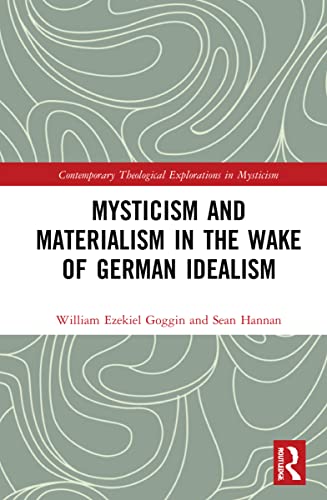

Most ebook files are in PDF format, so you can easily read them using various software such as Foxit Reader or directly on the Google Chrome browser.
Some ebook files are released by publishers in other formats such as .awz, .mobi, .epub, .fb2, etc. You may need to install specific software to read these formats on mobile/PC, such as Calibre.
Please read the tutorial at this link: https://ebookbell.com/faq
We offer FREE conversion to the popular formats you request; however, this may take some time. Therefore, right after payment, please email us, and we will try to provide the service as quickly as possible.
For some exceptional file formats or broken links (if any), please refrain from opening any disputes. Instead, email us first, and we will try to assist within a maximum of 6 hours.
EbookBell Team

5.0
20 reviewsThis book argues that the rediscovery of mystical theology in nineteenth-century Germany not only helped inspire idealism and romanticism, but also planted the seeds of their overcoming by way of critical materialism. Thanks in part to the Neoplatonic turn in the works of J. G. Fichte, as well as the enthusiasm of mining engineer Franz X. von Baader, mystical themes gained a critical currency, and mystical texts returned to circulation. This reawakening of the mystical tradition influenced romantic and idealist thinkers such as Novalis and Hegel, and also shaped later critical interventions by Marx, Benjamin, and Bataille. Rather than rehearsing well-known connections to Swedenborg or Böhme, this study goes back further to the works of Meister Eckhart, Nicholas of Cusa, Catherine of Siena, and Angela of Foligno. The book offers a new perspective on the reception of mystical self-interrogation in nineteenth-century German thought and will appeal to scholars of philosophy, history, theology, and religious studies.